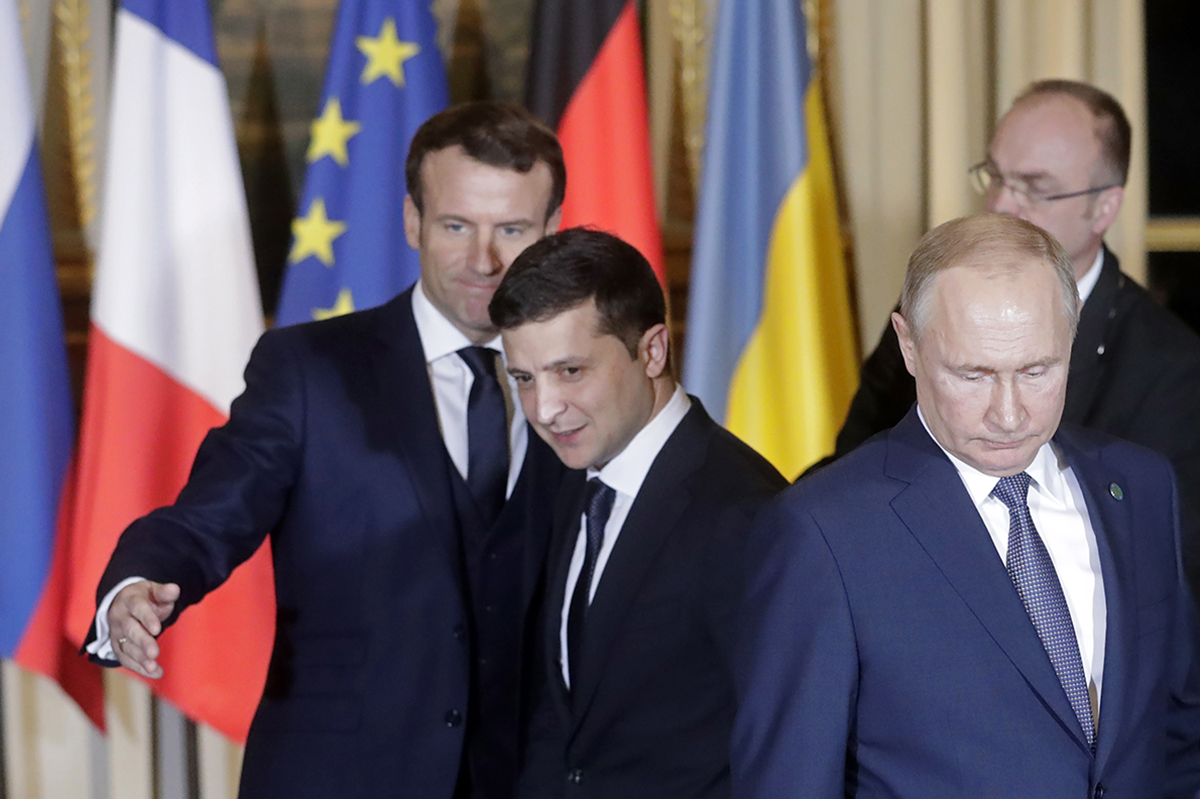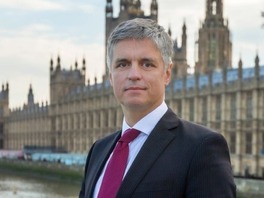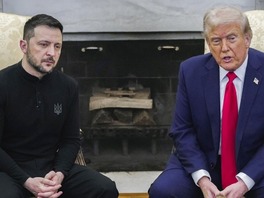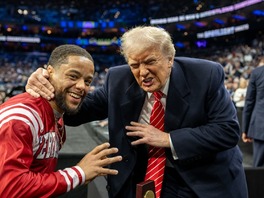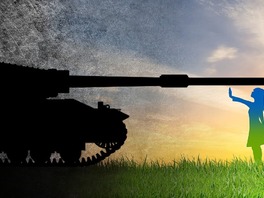According to International Centre for Policy Studies (ICPS) expert Mykola Kapitonenko, the Normandy format talks didn't bring Ukraine closer to the desired peace. As a result, Volodymyr Zelensky risks losing the trust of his voters. On the other hand, Russia's leader Vladimir Putin won, as he's demonstrated his willingness to reach agreements and has opened the way to resolve some of Russia's strategic issues.
Freezing the conflict is the minimal realistic goal that Ukraine could set. In general, it also correlates to Zelensky's promise of peace. We, however, are very far from it, and there are no guarantees. The sides reiterated the statements written out in the Minsk agreements - ceasefire, disengagement of forces, demining, etc. The big question is, however, if it's going to be implemented, as it made sense in terms of a larger agreement. I am not sure if the truce could be preserved without perspectives to achieve something more.
As a result, we're left with what we had before Paris - a continuing conflict of low intensity. And Ukraine pays the highest price for it. The agreed prisoner exchange is great, yet it's a detail that doesn't affect the larger picture.
I don't see any steps that were made regarding the reintegration, Russia pulling its troops from Ukraine or reestablishing control over the border. Freezing the conflict is problematic as well, as to do so we need to interest Russia - it's impossible without the Kremlin's agreement. That's why I believe the shellings won't stop. On the other hand, freezing the conflict wouldn't help to resolve it.
I don't think Zelensky did anything particularly important - the fundamental details were agreed upon earlier. As far as I understand, his team chose the safest, the most familiar and the least risky path, which didn't require any difficult choices. They have decided to preserve old positions. It appears like the main goal was not crossing someone else's "red lines". It resulted, however, in the loss of both an opportunity to resolve the conflict and the summit's major purpose.
Zelensky may have won diplomatically in the sense that he, Angela Merkel and Emmanuel Macron were able to meet Putin again. But perhaps even Putin has more to gain from the fact of the meeting. Because he has shown the Europeans that he is ready to talk and negotiate. Now it will be much harder for Europeans to prove that Russia is not blocking the resolution of the conflict. Putin will say: "I came here, I referred to the Minsk agreements signed by Ukraine, and Russia's position remains the same as it was, I am open for dialogue. I think this is part of the Kremlin's plan to address other issues, than Ukraine, on the agenda.
It's possible, however, that Putin was the one to win from the meeting. He demonstrated the Europeans that he's ready to talk and reach agreements. Now, it's going to be much more difficult for Ukraine to prove that Russia's blocking the conflict's resolution. Putin would be able to say, "I came here, I referred to the Minsk agreements signed by Ukraine, Russia's position remains the same, I am open for dialogue." I believe it's part of the Kremlin's plan to address other, unrelated to Ukraine issues.
Therefore, Zelensky's positions were weaker than they could have been. He could not agree to hold elections before the withdrawal of Russian forces and returning the control over Ukrainian borders. On the other hand, we could say that Russia would withdraw its troops and that an international administration would be introduced, but we would not gain control over the border yet. But he was drawn a red line, and was afraid not only to approach, but even to raise the issue.
The president, however, ended up being a hostage of the situation inside Ukraine. While Zelensky's major election victory came with a large credit of trust, the president doesn't control all forces in Ukrainian politics. Some of them insisted on the previous process. That's why Zelensky's positions were weaker than they could have been. He couldn't agree to hold elections before the withdrawal of Russian forces and returning the control over Ukrainian borders. One the other hand, he could suggest the following scenario: establishing an international interim administration and having Russia pull out its troop without regaining control of the border yet. He, however, had a "red line" he was not only afraid to cross but even to touch
As a result, Zelensky's behavior in Paris will be criticized by everyone. The so-called "Porohobots" will find some kind of "betrayal", not changing their opinion about the president. Those who voted for him as for the president that could change the situation in Eastern Ukraine, bring peace or freeze the conflict, at the same time, will stop supporting him if there are no results by the end of this year.

